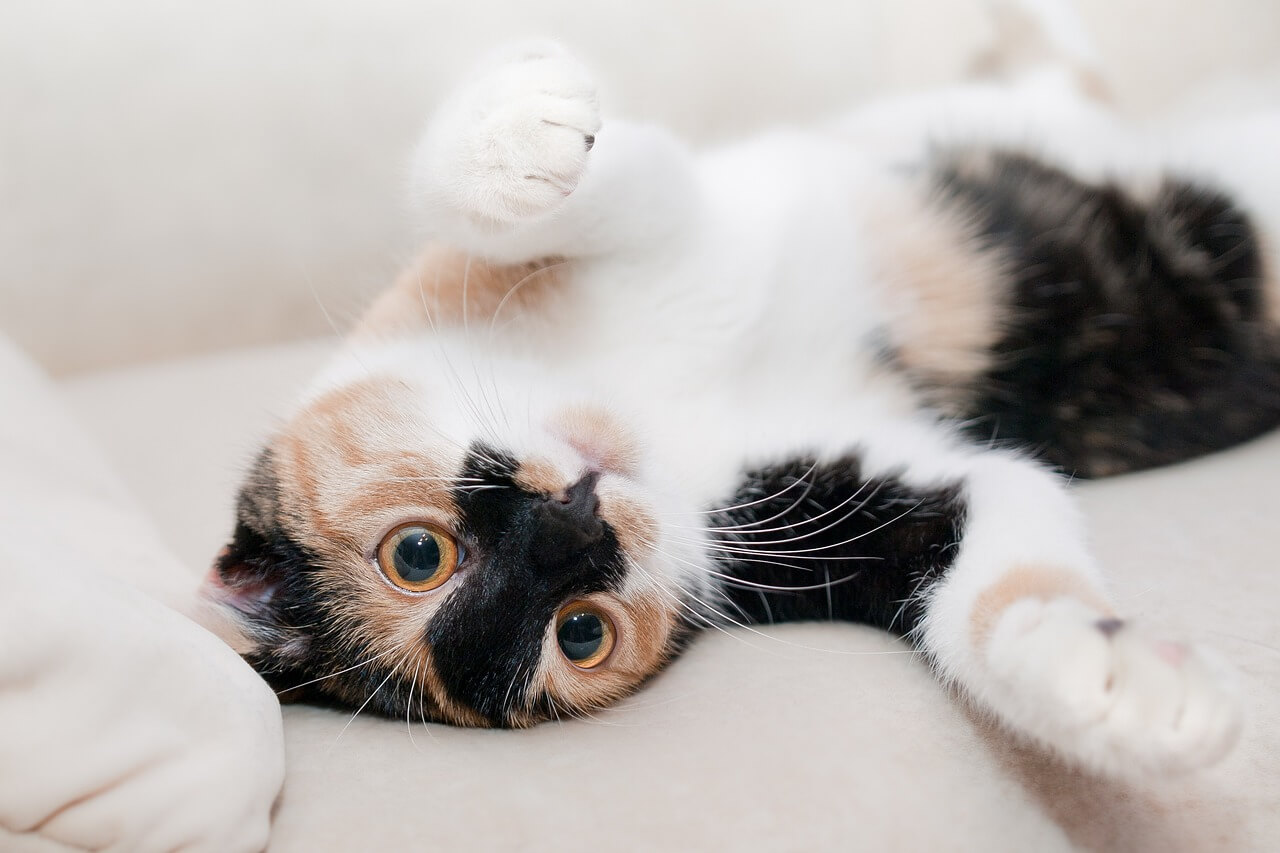It’s hard to get good help these days. It probably always was. Cat sitting is not something to entrust to the kid down the block who seems really nice or to some entrepreneur who happened to find enough loose change under the cushions on the couch to run an ad. Cat sitters must be chosen with as much care as a French chef chooses vegetables (but without the squeezing).
Here are some tips excerpted from PETA President Ingrid Newkirk’s new second edition of 250 Vital Things Your Cat Wants You to Know.

Your best bet is to select someone you know personally, such as your sister or mother, providing this person (a) is sane, (b) doesn’t bear a grudge against you, and (c) demonstrably likes and understands cats.
Coworkers only enter the running if you have been to their homes and like how they interact with their own cat(s). The home visit is necessary, because your colleagues might be geniuses at, say, accounting and seem charming at the water cooler but could still let Tiddles out the screen door on day one, assume the cat will come home, and not summon you off the beach. Goodbye forever, Tiddles.
Let us consider the outside sitter. I don’t say “professional” sitter, because sitter services are not usually regulated or bonded (not that such pacifiers would amount to much). Sadly, there is usually no knowing if sitters are truly experienced, trained, and perceptive or if they can actually differentiate between a cat in the pink of health and one with the heaves. This is not to say that there aren’t great sitters out there, but placing your trust in the innate goodness of humankind is not an appropriate approach when leaving your cat’s life in unfamiliar hands. Be a stickler.
If you must use an outside sitter, here are some basic rules to follow:
If you must use an outside sitter, here are some basic rules to follow:
1. A big smile is not a reliable reference. Check references carefully. (Try to determine if the folks providing the glowing endorsements are actually the sitter’s relatives and friends.)
2. Google the sitter. Then call the Better Business Bureau, your local chamber of commerce, and any and all animal protection organizations within 30 miles to ask if they have ever had a complaint about this person.
3. Meet the sitter in advance and ask leading questions about cats and their care. (Wrong answers? Wrong sitter.)
4. Sign a contract—but not one that exempts the sitter from liability in the case of kitty illness, accident, or death.
5. Make sure the sitter agrees to check in with you every day, no matter where you are.
6. Leave your contact information, including a phone number, as well as contact information for your best cat-aware friend or relative and that of your vet on the sitter’s cell phone and taped to your fridge in case she loses her phone.
7. Leave water in bowls in many rooms of the house. (If the sitter is struck by lightning, causing your house key to melt, Kitty is in far greater danger of dying of dehydration than of starving to death.)
8. Have someone you know and who knows cats check on the cat at least every two days.
9. Worry! This can help you think of other precautions.





